Motivating Addiction Recovery Program Participants (Part 1)
The more time I spend with rescue mission recovery programs, the more I’ve become convinced that the most important “gift” we can give homeless addicts is community, a place to belong. Homelessness is a state of complete disaffiliation—being cut off from all meaningful and supportive human relationships. Successful mission residential programs actually provide a supportive “family” environment where homeless addicts can examine their lives and take the difficult initial steps toward a new, sober, and productive life.
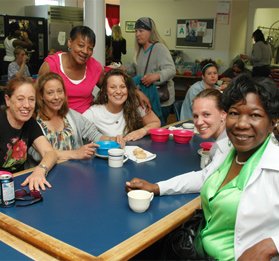
There are two other important communities that program participants must become involved with so the process of change begun at the mission continues after they leave. The first is the Church, the Body of Christ, where program graduates experience fellowship with other believers and spiritual nurture.
The second is the recovering community where involvement with support groups for recovering addicts give them a place to continue personal growth through mutual sharing and encouragement with others who have overcome addiction.
Motivating Addiction Recovery Program Participants (Part 1) Read More »

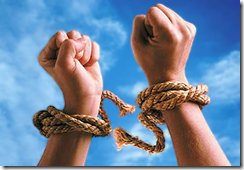
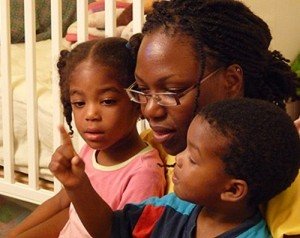

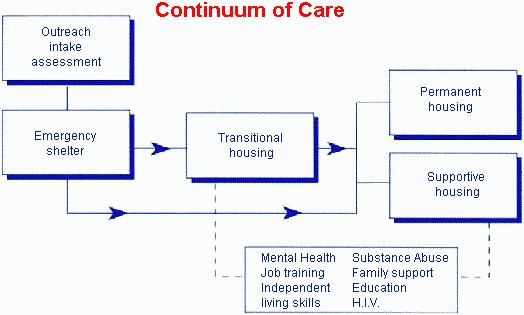 Many people still think of rescue missions as places where homeless people find housing, food and spiritual instruction. Yet, those of us who are involved in this field know that unless their deeper spiritual, emotional, physical, and social needs are addressed, homeless people will never attain stability in their lives. Many suffer from mental illness, addiction to alcohol and/or drugs, and various medical problems. Some cannot read, lack high school diplomas, and do not possess basic skills needed to find and keep a job. These and other complex problems keep people on the streets.
Many people still think of rescue missions as places where homeless people find housing, food and spiritual instruction. Yet, those of us who are involved in this field know that unless their deeper spiritual, emotional, physical, and social needs are addressed, homeless people will never attain stability in their lives. Many suffer from mental illness, addiction to alcohol and/or drugs, and various medical problems. Some cannot read, lack high school diplomas, and do not possess basic skills needed to find and keep a job. These and other complex problems keep people on the streets.
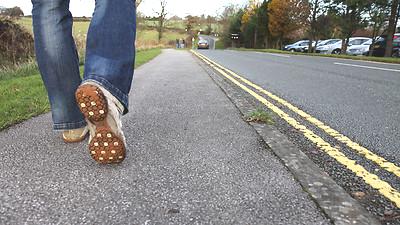
 My friend Tim pastors a church in Denver, and he talks a lot about the “Y’all Come In” mentality. In that view, if the church opens the door and puts down a welcome mat, that’s enough.
My friend Tim pastors a church in Denver, and he talks a lot about the “Y’all Come In” mentality. In that view, if the church opens the door and puts down a welcome mat, that’s enough.